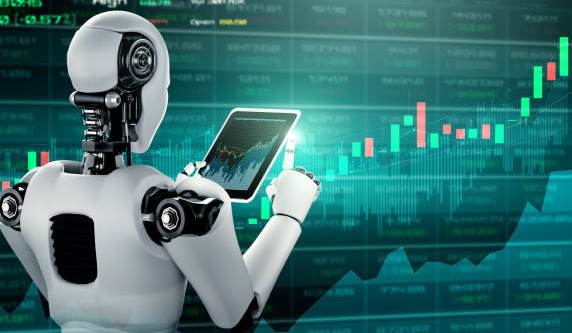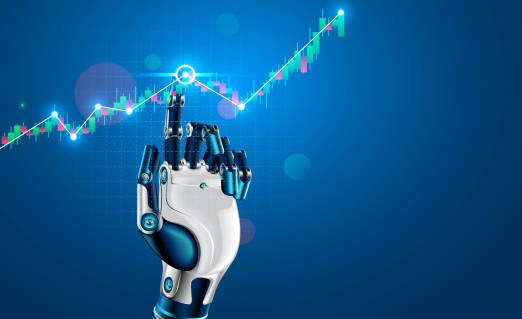Introduction
The way we live and work is about to be transformed, thanks to the rise of Artificial Intelligence (AI). This technology is no longer science fiction, it’s a reality that is already changing the business landscape. From automating routine tasks to creating new products and services, AI is revolutionizing the way businesses operate and compete.
As AI continues to evolve, it has the potential to disrupt industries and markets in unprecedented ways. But what does this mean for businesses, and how can they prepare for the changes that are coming?
In this article, we will explore how AI is set to disrupt the market, the industries that are likely to be most affected by this disruption, and the opportunities and challenges that AI presents for businesses. We will discuss the importance of embracing AI and using it to drive growth and innovation, while also addressing the ethical and social considerations surrounding the use of this technology.
By understanding the potential of AI and taking proactive steps to prepare for its impact, businesses can position themselves for success in a world where AI is set to become an increasingly dominant force.
How AI will Disrupt the Market?
As we stand on the cusp of a new technological era, businesses are gearing up to embrace the power of Artificial Intelligence (AI) to transform the way they operate. From chatbots to machine learning algorithms, AI is already disrupting the market and will continue to do so at an exponential rate. But what does this mean for businesses, and how can they stay ahead of the curve?
At its core, AI is about empowering humans to do what they do best: innovate, create, and solve complex problems. By automating routine and mundane tasks, AI frees up employees to focus on higher-level work, driving innovation and growth. In addition, AI can analyze vast amounts of data quickly and accurately, providing businesses with valuable insights that were once impossible to obtain.
One of the key areas where AI is already making a significant impact is customer service. Chatbots and virtual assistants powered by AI are being used by businesses to handle routine queries and provide round-the-clock support to customers. This not only saves time and money but also improves customer satisfaction by providing faster, more personalized responses.
However, the true potential of AI lies in its ability to create new products and services that were once unimaginable. For example, AI-powered tools are already transforming healthcare, enabling diagnoses of diseases and personalized treatment plans that were previously impossible. Similarly, finance is being disrupted by AI-powered algorithms that can analyze financial data and make investment decisions in real time.
But as with any new technology, some challenges must be addressed. AI has the potential to displace workers and create new ethical dilemmas. Businesses need to address these challenges proactively and responsibly to ensure that the benefits of AI are realized while minimizing its potential negative impacts.
One way to address these challenges is through upskilling and reskilling of the workforce. By investing in training and development programs, businesses can equip their employees with the skills needed to work alongside AI and leverage its full potential. In addition, businesses can work with policymakers and industry leaders to develop ethical frameworks and guidelines for the responsible use of AI.
Thoughts
The power of AI to disrupt the market is undeniable. By embracing AI and adapting to the changes that it brings, businesses can unleash a new era of innovation, growth, and prosperity. The possibilities are endless, and the future is bright for those who are willing to embrace the power of AI. However, it is essential to address the challenges and potential negative impacts of AI proactively and responsibly to ensure that the benefits of AI are realized by all.



